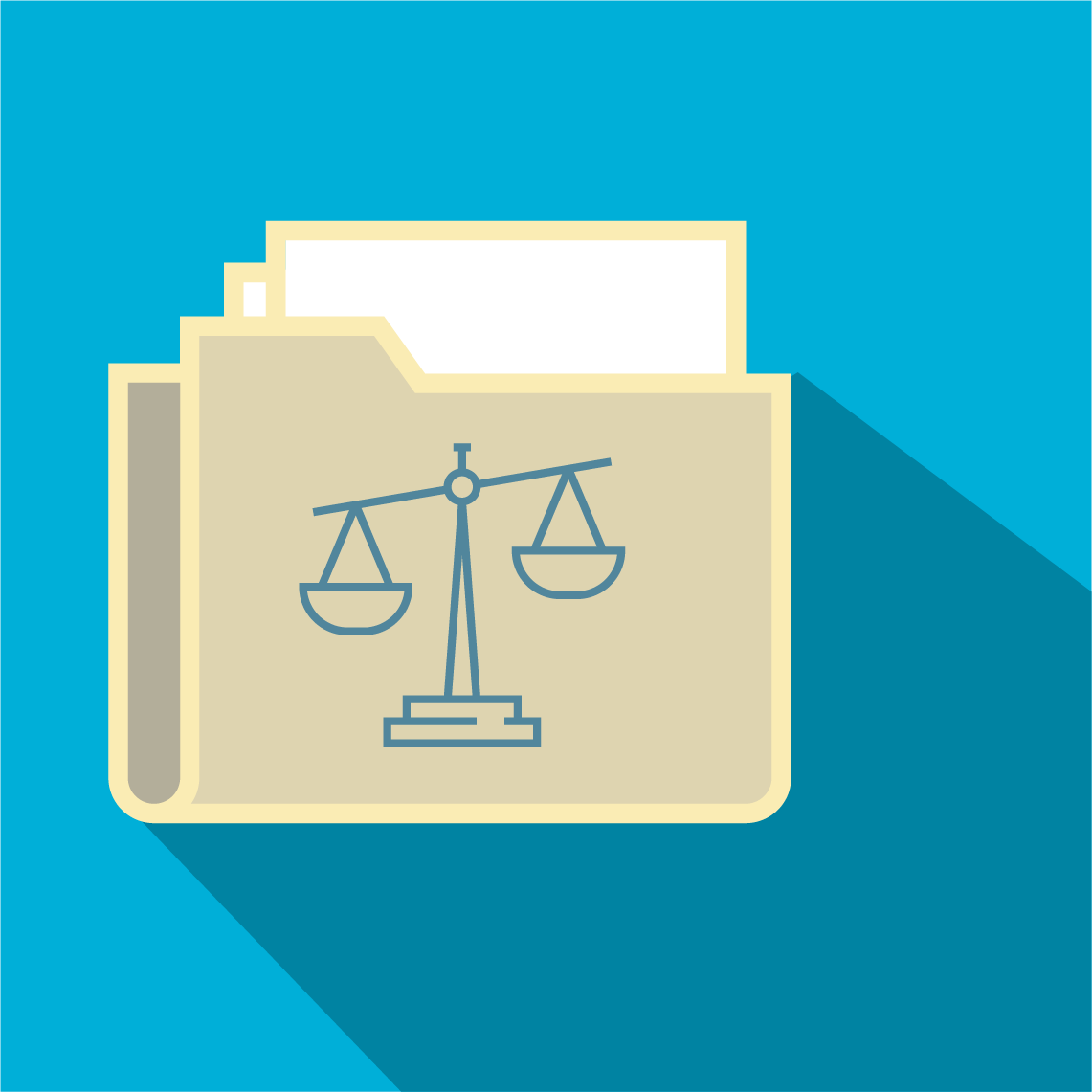Article
Opening Your Notes: Patient Care Recommendations

The OpenNotes website offers a wide range of tips and educational materials, including many of the following suggestions for note writing:
- Continue using specific language that is required for billing and coding purposes.
- Avoid copying and pasting that does not reflect the current encounter or patient status.
- Don’t import social history if you did not elicit it or review with the patient.
- Avoid abbreviations. Briefly define medical terms when feasible.
- Be mindful of sensitive topics and avoid language that seems judgmental. Use language that describes your observations of behavior.
- Include educational materials or links to trusted content for patients in your notes.
- Incorporate lab or study results into your notes to give the full picture.
- Use plain language whenever possible.
- Use the patient’s preferred pronoun.
- Use supportive language.
Specific suggestions include:
- Document the patients BMI – not morbid obesity.
- Document diabetes as a condition – not as an adjective.
- Instead of describing non-compliance, describe the actual behavior.
- Instead of IVDA or alcoholic, use opiate use disorder, alcohol use disorder or more generally, substance use disorder.
Related Articles
Cures Act: Perspectives from Claims and Patient Safety
Article
Looking at the Cures Act and more open notes from both a patient safety and malpractice claims perspective.


Cures Act Overview
Article
Eight categories of clinical notes created must be immediately available to patients through a secure online portal. Providers may not block, or delay patients' access to, any eligible information entered and stored in their EHR. Learn more about this 2021 ruling.
Documentation Dos and Don’ts
Article
Current, complete records which assist diagnosis and treatment, and which communicate pertinent information to other caregivers also provide excellent records for risk management purposes. Missing, incomplete, or illegible documentation can seriously impede patient care and the defense of a malpractice claim, even when the care was appropriate.
Legal Report: Curbside Consults in the Digital Age
Article
Ease of communication can trip up participants in an informal discussion.
